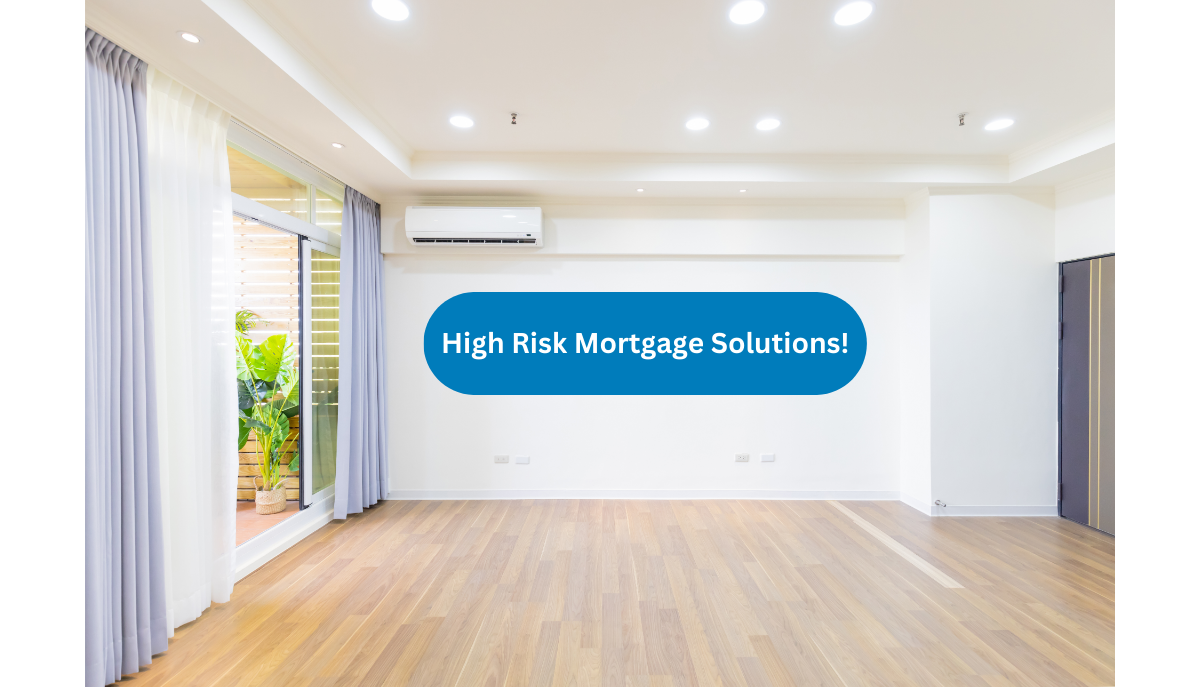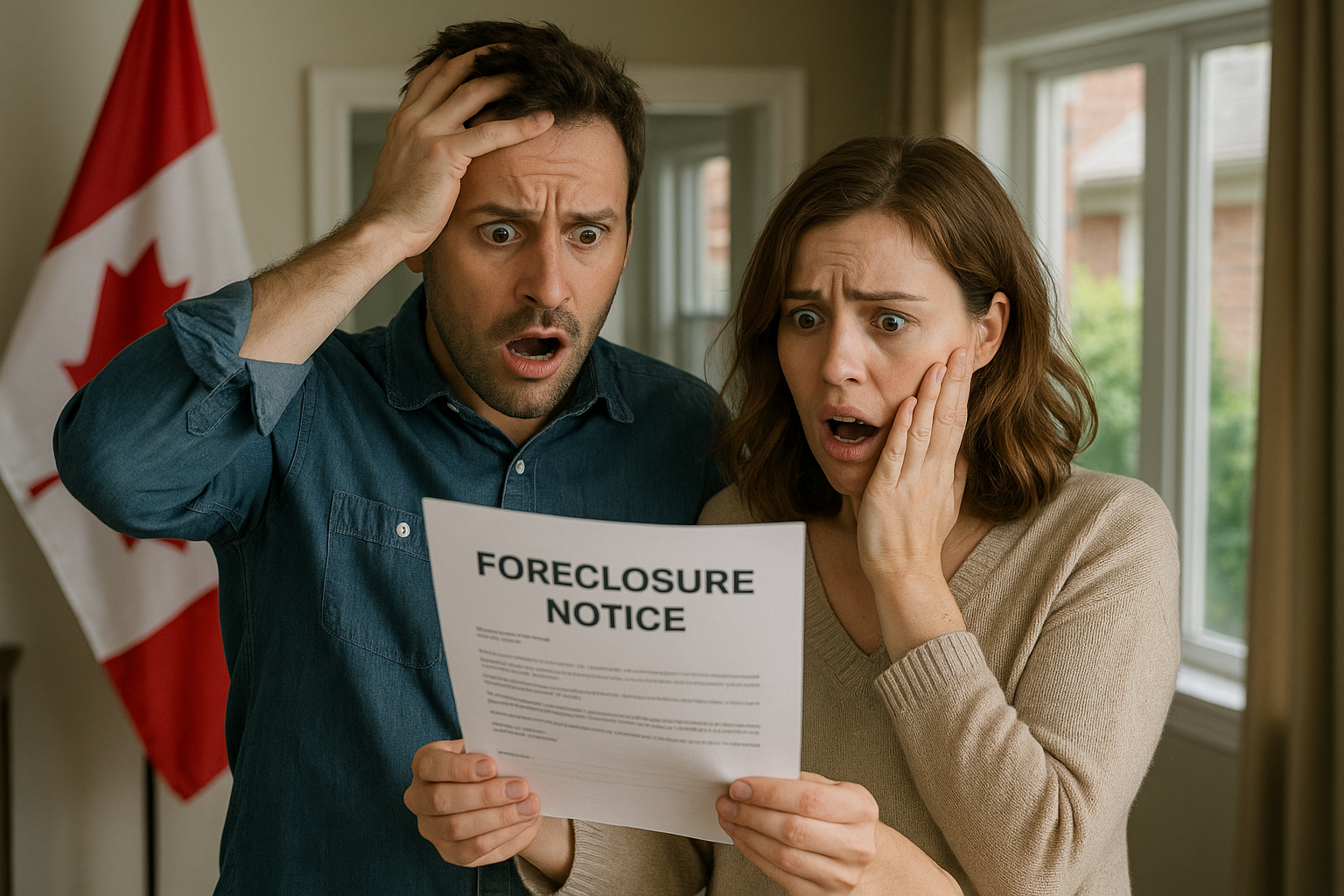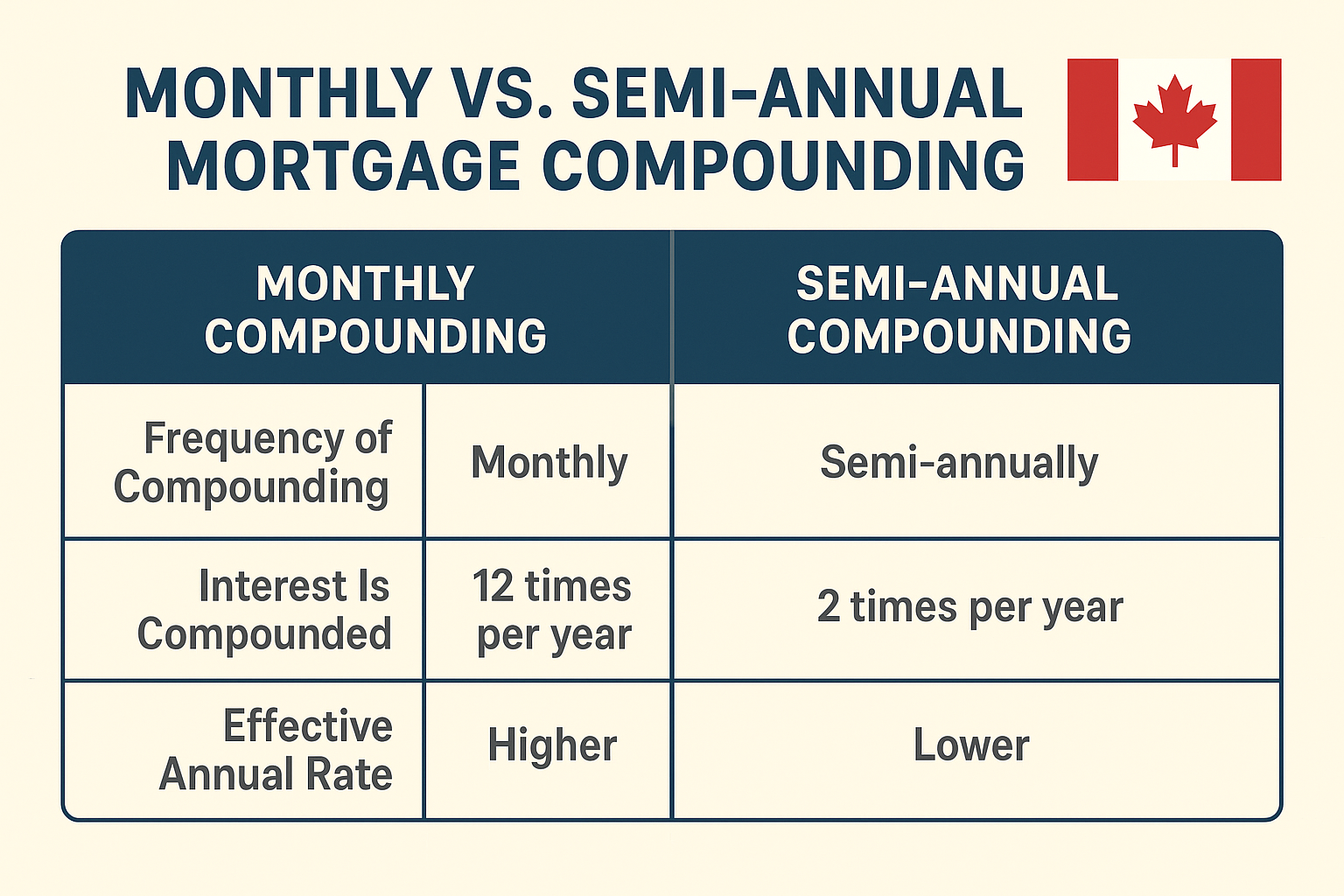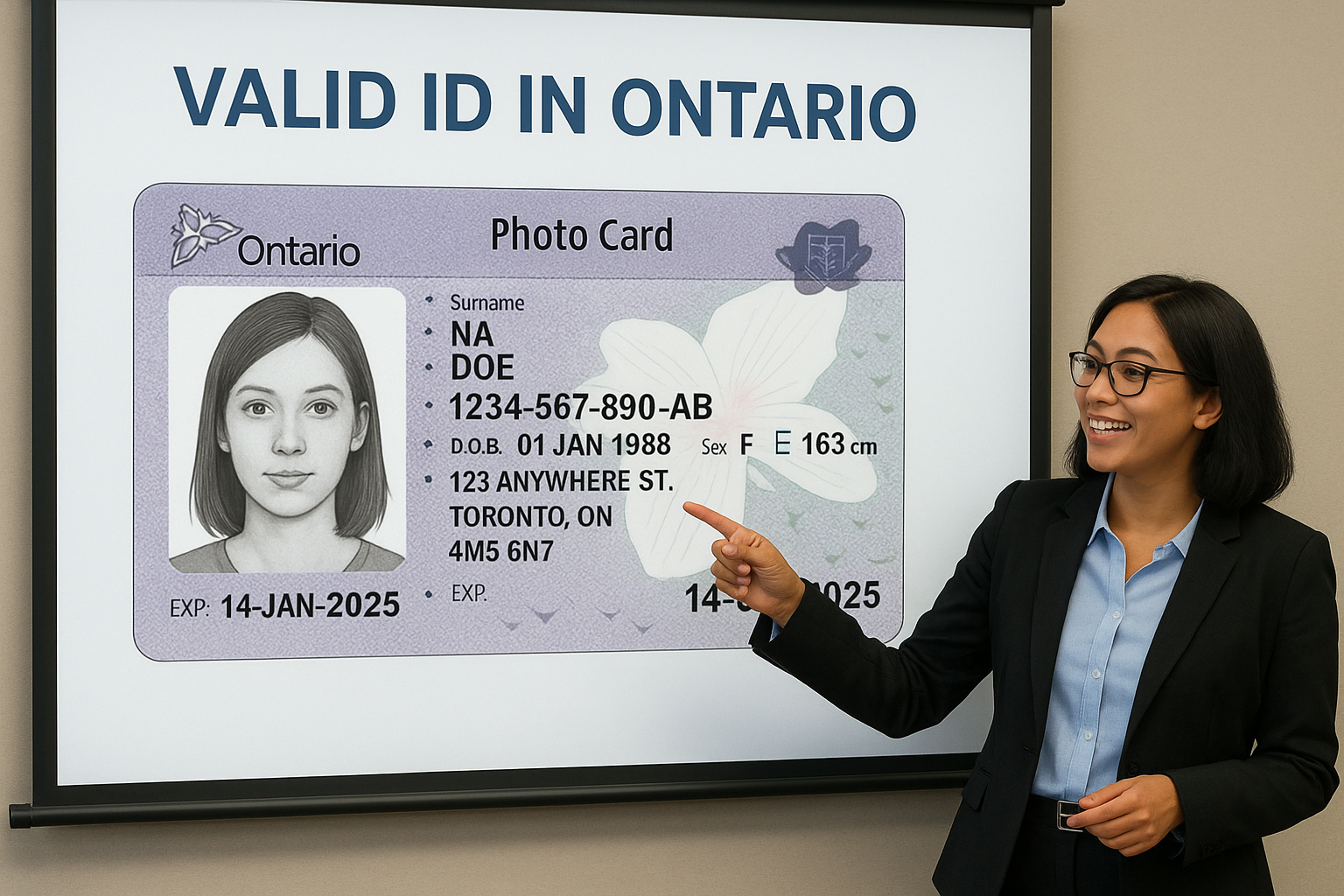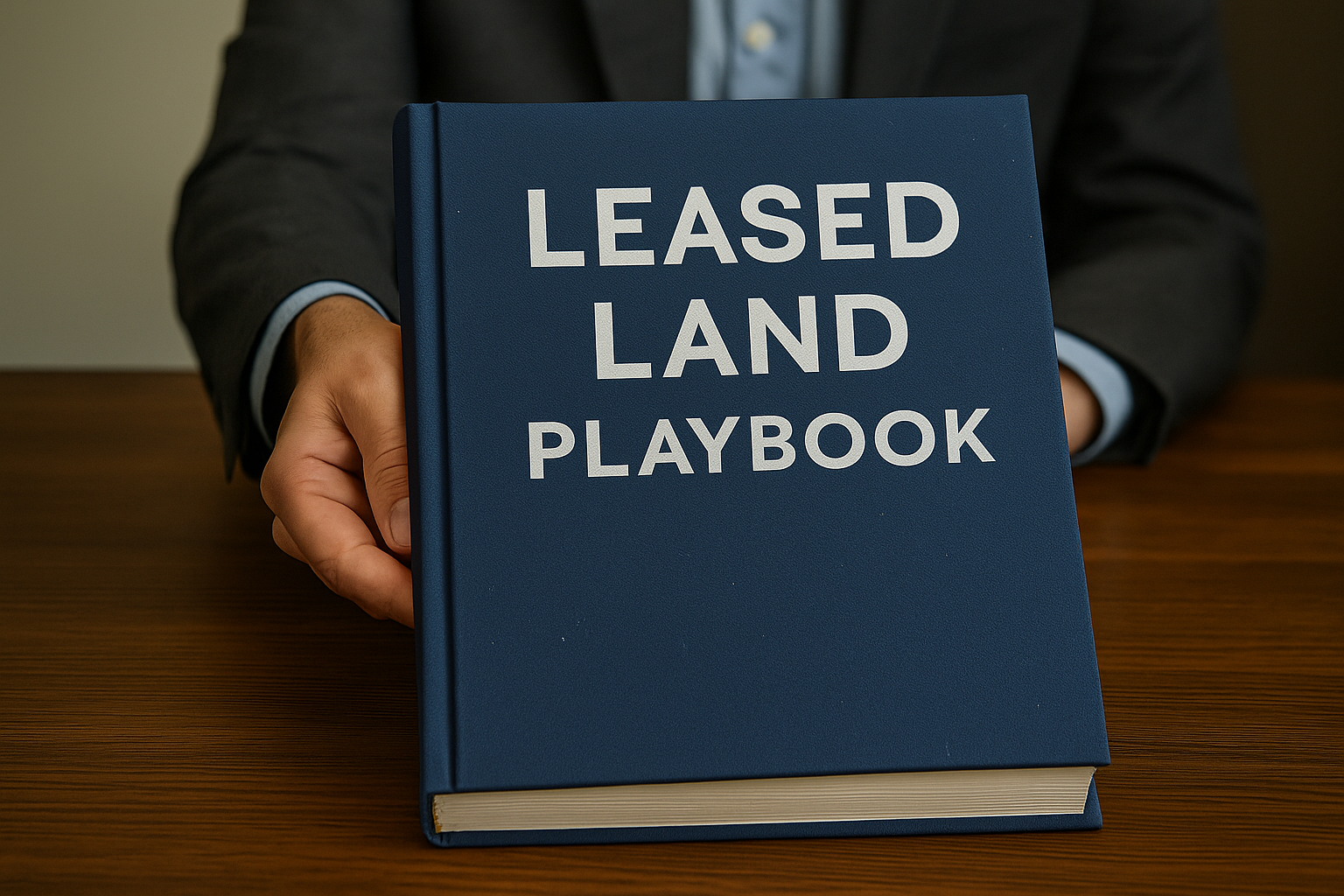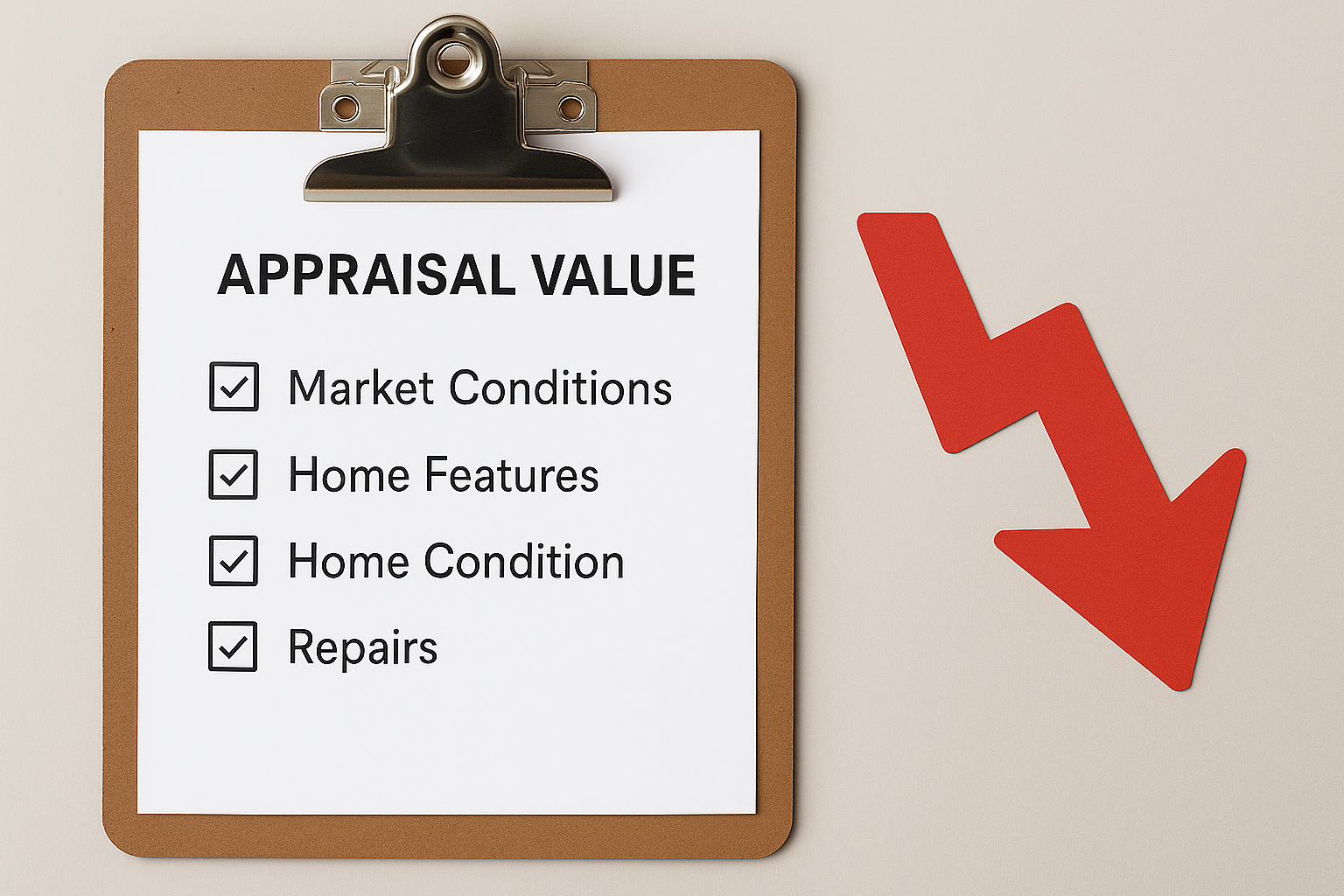Table of Contents
ToggleHigh Risk Mortgage Solutions In Ontario
If you’re a homeowner in Ontario struggling to find alternative mortgage solutions when you’ve been declined by your bank or credit union, you’re not alone. Several Canadian homeowners face challenges when trying to get approved for financing, especially if they’ve been labelled as high-risk by traditional banks or credit unions.
The good news is that there are still several options available, even if you have a lower income or bad credit. Read on to get the guidance you need to better understand what high-risk mortgages are and the solutions Ontario homeowners have so that you can make informed decisions.
What Is Considered a High Risk Mortgage?
A high-risk mortgage is a loan that lenders see as more likely to result in missed payments or defaults. Traditional banks and credit unions usually steer clear of these mortgages to limit their exposure to risk. However, there are flexible alternative lenders, like Private Mortgage Lenders and B Lenders, who look beyond your credit score and income. These lenders specialize in hard-to-place mortgages to help borrowers in need of assistance.
B Lenders are financial institutions that are similar to banks but are more flexible. They will entertain mortgage applications with lower credit scores and inconsistent income, but they normally charge higher interest rates and fees to offset the increased risk they are taking on.
Private Lenders are accredited companies, groups or individuals who lend money secured by the equity in your home. These lenders are more likely to approve high-risk borrowers foregoing the need for perfect credit or consistent income. They often insist on a considerable amount of equity in the property and charge rates and fees that are steeper than those of B Lenders.
What Is Considered a High Risk Borrower?
A high-risk borrower is someone who doesn’t meet the expectations set by traditional banks or credit unions in Canada.
There are a range of factors that can result in being classified as high-risk:
- Bad Credit: If your credit score is low, it may be due to past financial hardships, missed payments, or a high amount of debt. Traditional lenders see this as an early indication that you might have difficulty keeping up with mortgage payments.
- Low Income: Having a steady job doesn’t always guarantee your mortgage approval, as lower income can hinder your chances, especially if you’re trying to secure the maximum mortgage amount possible.
- Large Down Payments but No Verifiable Income: Some borrowers inherited a large amount of money, saved for a long time, or even have a large amount of proceeds from selling a previous home but lack proof of stable income. The lack of verifiable income can make it tough to get approved for a mortgage through traditional mortgage lenders.
- Large Equity Positions in the Home: If you already own a home and have built up substantial equity, but your current financial situation is unstable, you might be seen as a high-risk borrower. However, this equity can work in your favour with alternative lenders.

What Type of Mortgage Is Risky for Borrowers?
While any mortgage carries some level of risk, high-risk mortgages from B Lenders and Private Lenders come with specific challenges. Your greatest risks come from the higher interest rates and fees typically imposed by these lenders. The cost of borrowing can add up, making it harder to keep up with monthly payment obligations.
Moreover, high-risk mortgages often have shorter term lengths, which means you’ll have to renew your mortgage frequently, possibly at higher interest rates. If you miss payments and are constantly in arrears, the consequences can be severe, including foreclosure or power of sale, which could potentially result in the loss of your home.
Benefits of a High Risk Mortgage
Even with the associated risks, high-risk mortgages have valuable advantages, especially for individuals who have been declined by a traditional bank or credit union.
- Access to Financing: The clear benefit is that you can likely get approved for the mortgage you need, even if you have suffered from previous financial hardships or your current situation isn’t ideal. This can be crucial if you’re trying to buy a home, consolidate debt, or refinance an existing mortgage.
- Improving Credit: If you can maintain your high risk mortgage responsibly by consistently making your payments on time, you can work on your credit gradually. This will likely open up more doors for traditional financing in the future.
- Flexibility: B Lenders and Private Lenders often have more flexible requirements than traditional mortgage lenders. They may consider your overall financial picture, including equity in your home, rather than just focusing on income or credit score.
High Risk Mortgage Lending Made Easy
Navigating the world of high risk mortgage financing can seem overwhelming, but it doesn’t have to be. Seeking the assistance of a knowledgeable mortgage broker who understands the ins and outs of high risk mortgage lending can me the process much easier. They can assist you in finding a suitable solution with the right lenders, help you understand your options and guide you through the application process.
At LendToday.ca, we specialize in helping homeowners across Ontario find mortgage solutions that work for them, regardless of their financial situation. Whether you’re dealing with bad credit, low income, or other challenges, there’s a high risk mortgage option that can help you achieve your goals. Reach out to us today if your feeling stuck and need assistance navigating your mortgage options.
Apply For A High Risk Mortgage
- Mortgage Payments Compounded: The Truth About Payments in Canada - July 10, 2025
- Leased Land Mortgages in Ontario: How to Qualify and What to Expect - June 30, 2025
- Hard Money Mortgage Lending in Canada: A Homeowner’s Guide - June 9, 2025
